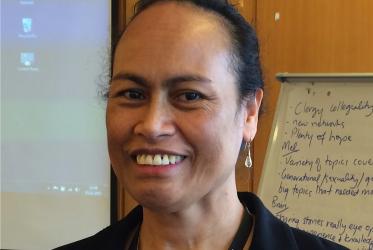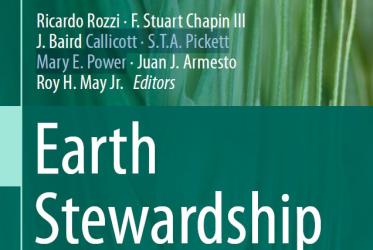Displaying 101 - 120 of 141
United Nations High Level Meeting on AIDS
06 May 2016
"I hit the ground running": Katalina Tahaafe-Williams
16 February 2016
Church challenge: Welcoming "strangers" in a climate of fear
18 November 2015
Faith communities urge U.S. to resettle more Syrian refugees
14 September 2015
Inspirations for Earth Stewardship
12 August 2015
Reclaiming our humanity
23 June 2015









